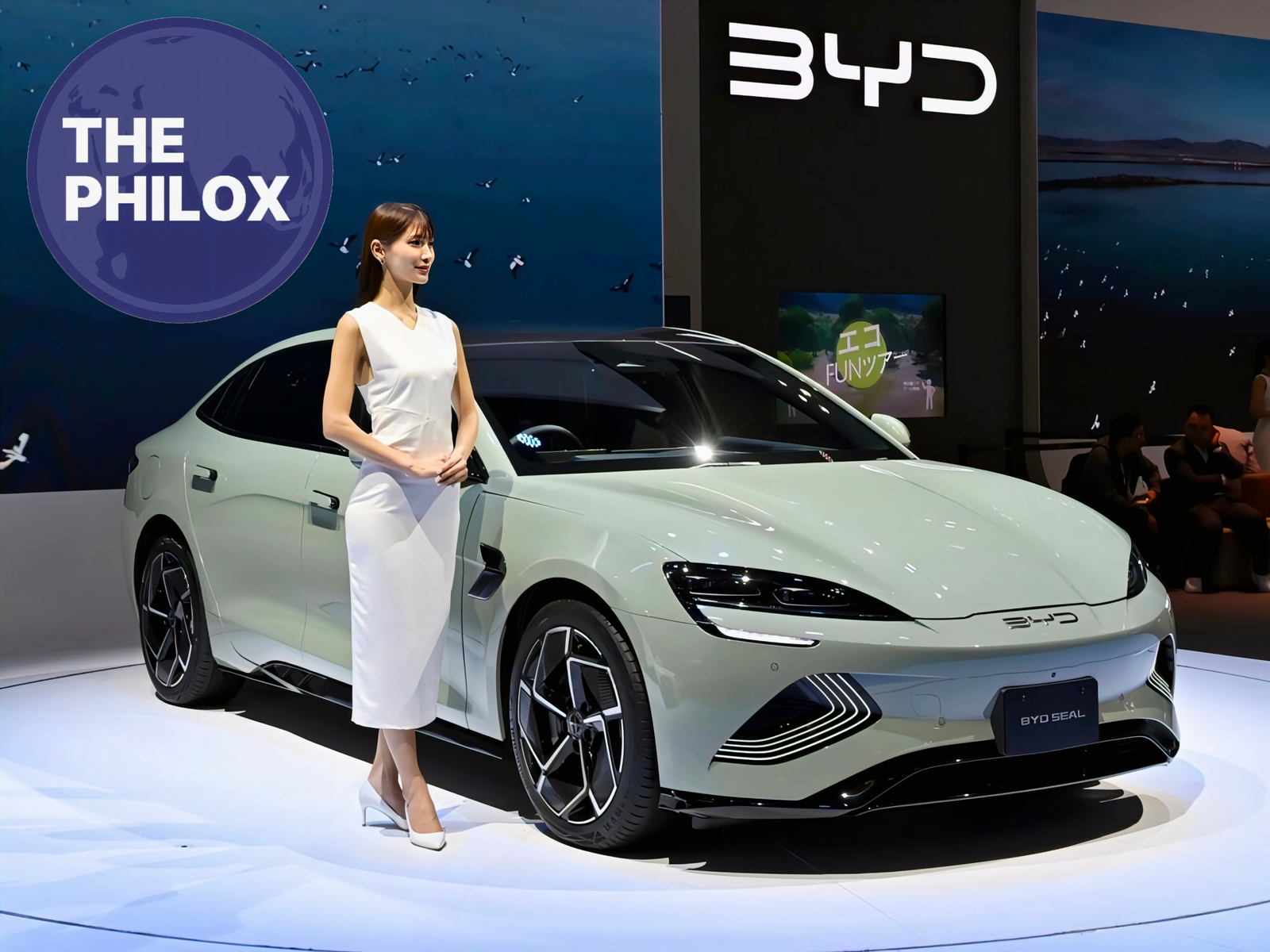March 20, 2025: New Delhi With a $10 billion investment ready in India, Chinese electric vehicle (EV) behemoth BYD marks a turning point in the fast growing electric mobility scene of the nation.
The official announcement is expected on March 23, 2025, during a high-profile event in New Delhi when BYD CEO Wang Chuanfu will be hosted by Indian Prime Minister Narendra Modi Along with creating a sizable manufacturing ecosystem, this historic investment will help BYD become a major participant in India’s competitive EV industry.
The Hyderabad facility of BYD marks a significant leap in EV manufacture.
Complementing its ambitious growth plan, BYD has acquired a 500-acre industrial site close to Hyderabad, Telangana. Successful negotiations with the Telangana state government have resulted in this development, which ends on March 17, 2025.
The new plant will be devoted to the manufacturing of innovative batteries systems and electric cars.
An official BYD news release dated March 19, 2025 states that by 2032 the Hyderabad facility will be able to produce 600,000 electric vehicles yearly.
This mass production is intended to greatly increase the availability of electric vehicles in India, therefore strengthening its efforts toward sustainable mobility.
Apart from EV production, the facility would have a 20 GWh annual capacity battery manufacturing unit. This action fits the larger goal of the Indian government toward encouraging self-reliance in environmentally friendly energy sources.
Localizing the manufacture of important EV components, such batteries, will help BYD’s presence in India to lower general manufacturing costs and minimize import reliance.
Reasonably priced electric cars to drive market penetration
The fact that BYD’s Indian business emphasizes building reasonably priced electric cars to appeal to consumers with limited budgets is a big point of distinction. Under the company’s India plan, the BYD Dolphin—a small electric car—will operate as a flagship vehicle leading this effort.
Launched at a fictional event in Mumbai on April 5, 2025, the BYD Dolphin has a competitive price tag of ₹22 lakh. Expected to challenge established competitors like Tata Motors and MG Motor, who presently dominate the Indian EV scene, is this aggressive price approach.
The Dolphin is likely to take a big chunk of the market with its mix of cost, cutting-edge technologies, and BYD’s worldwide innovation reputation.
Industry analysts believe that BYD’s strategy of providing reasonably priced models could hasten the acceptance of EVs among different consumer sectors, therefore helping India to reach 30% EV penetration by 2030.
Policy Changes Clear Path for BYD’s Arrival
important policy changes by the Indian government follow by important strategic decisions by BYD to invest in India.
The government changed foreign direct investment (FDI) rules on March 12, 2025, enabling Chinese companies especially in the EV sector up to 49% foreign investment.
The Society of Indian Automobile Manufacturers (SIAM), which argued for more foreign investment to boost India’s EV ecosystem, is thought to have affected this policy change by lobbying efforts.
The legislative changes have made India a more suitable place for foreign businesses like BYD to start and grow operations.
Funding Plan: World Development Supported by Shanghai Share Sale
The $10 billion investment by BYD in India fits within a larger worldwide expansion plan. The recent $5.6 billion share sale by BYD on the Hong Kong Stock Exchange on March 4, 2025 provides a sizable amount of the money.
With India first in mind, the profits from this share sale are being focused on increasing production capacity and fortifying BYD’s position in important growing regions.
By using economies of scale to provide more reasonably priced EV solutions, this ambitious financial plan helps BYD to compete head-to-head with established companies.
By means of India’s explosive EV industry expected to expand over the next decade, BYD’s significant investment positions it in a great position to grab market share and stimulate innovation.
Edge Technology: Blade Battery Demonstration
On March 18, 2025, Bengaluru, BYD displayed their Blade Battery technology, therefore showcasing its technological capabilities.
This sophisticated battery technology solves two major issues in EV acceptance by providing better efficiency and safety.
On one charge, the Blade Battery showed an amazing 600km range during a live test attended by Indian regulatory authorities.
By means of this technological innovation, BYD promotes itself as a pioneer in battery innovation, offering a workable substitute for conventional lithium-ion solutions consumed by its rivals.
Improved thermal management and fire resistance among the enhanced safety profile of the Blade Battery provide more comfort to Indian consumers, therefore enhancing the value proposition of BYD on the market.
Market Outlook: Growth Trajectory of BYD in India
Industry analysts believe that BYD’s large investment will change the EV market of India. Driven by its large-scale manufacturing capacity, innovative technologies, and consumer-friendly pricing, an estimate by The Philox shows BYD is expected to grab a 15% market share by 2028.
The entrance of BYD is expected to intensify competitiveness and force domestic manufacturers to innovate and increase output scale.
By virtue of the Indian government’s ongoing focus on sustainable transportation and clean energy, BYD’s presence fits national priorities and could hasten India’s switch to electric mobility.
An India’s EV Future Landmark Event
The $10 billion pledge made by BYD to India marks a turning point in the development of the electric vehicle sector there.
Together with the release of reasonably priced electric vehicles and innovative battery technologies, the building of a modern manufacturing center in Hyderabad highlights the company’s goal of taking front stage in the Indian market.
India stands to gain from more technological innovation, job creation, and advancements toward sustainable transportation as the biggest EV manufacturer in the world keeps spreading its global presence.
The official announcement scheduled for March 23, 2025 is expected to provide further specifics on BYD’s long-term strategy and development road map for the Indian market.




